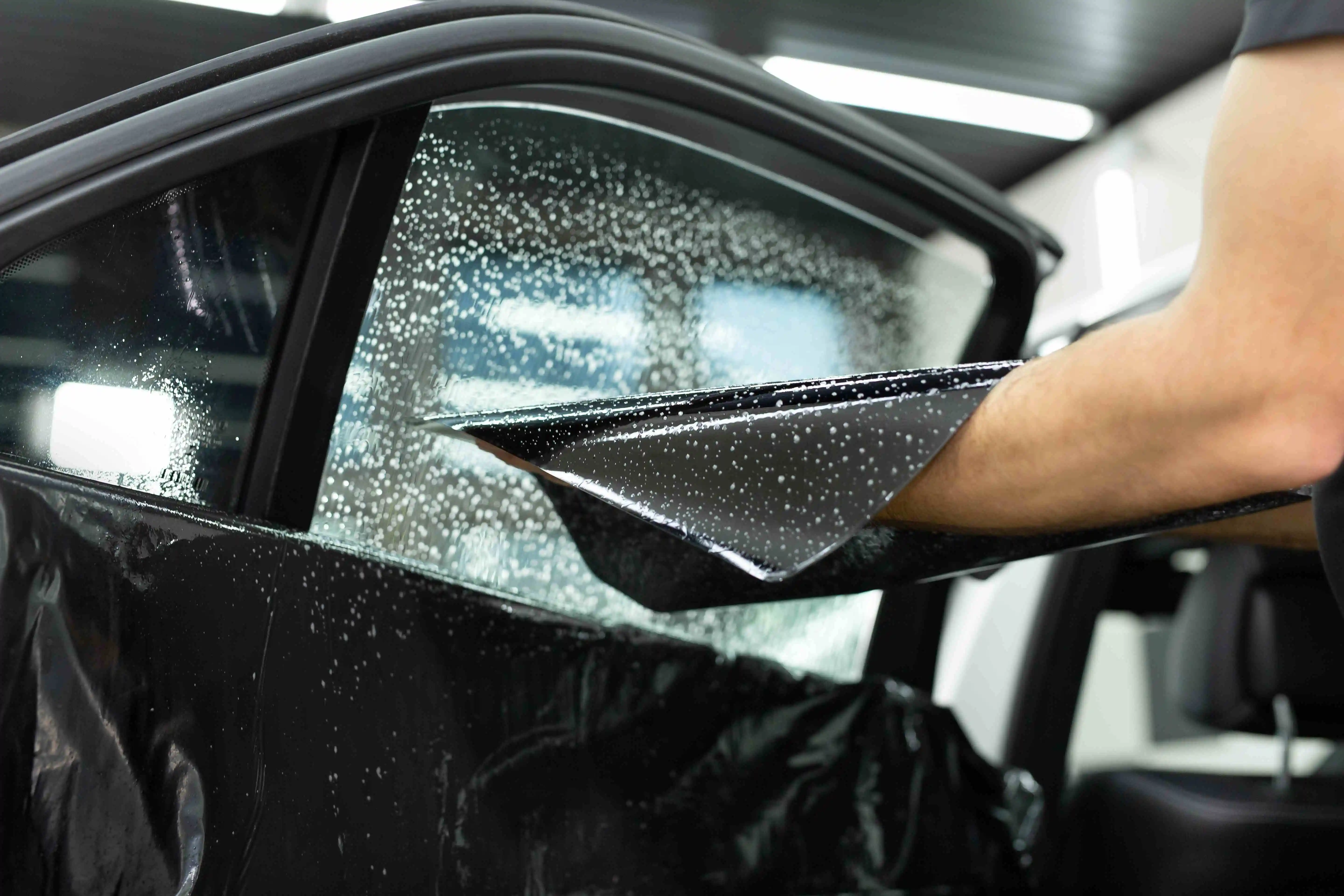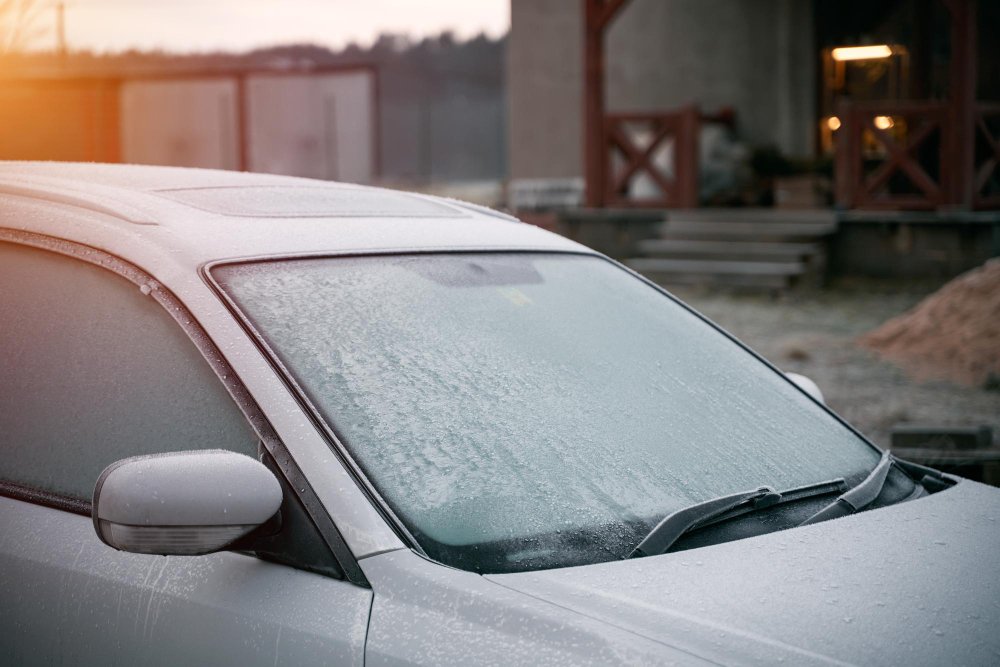Every little thing You Need to Know About Automobile Window Tinting Options
Every little thing You Need to Know About Automobile Window Tinting Options
Blog Article
Home Window Tinting Laws and Standards: What You Need to Know Before Tinting Your Car
Prior to proceeding with window tinting for your car, it is crucial to familiarize yourself with the varied laws and guidelines that control this method throughout different states. These laws dictate the permitted degrees of tint darkness, usually measured by noticeable light transmission (VLT) portions, and consist of specific specifications for front windshields focused on making sure roadway safety and security. In addition, certain jurisdictions might use medical exemptions for individuals with certifying problems. Comprehending these complexities can save you from possible lawful ramifications, but what are the details guidelines in your state?
Overview of Home Window Tinting Laws
Home window tinting regulations are regularly based on variant across different jurisdictions, showing neighborhood policies and security factors to consider. These legislations dictate the permitted levels of tint darkness and reflectiveness on vehicle windows, guaranteeing that chauffeurs preserve ample presence while additionally shielding versus hazardous UV rays and heat.
The majority of policies categorize home window tinting based upon the Visible Light Transmission (VLT) percentage, which shows the quantity of light that can travel through the home window. Normally, reduced VLT percents indicate darker colors. Laws frequently distinguish in between the front, side, and back home windows, with stricter constraints used to the front windshield to boost safety and security for both the motorist and various other roadway individuals.
Additionally, some jurisdictions impose constraints on the reflectivity of the tint, avoiding too much glow that could impair visibility. Exceptions to these legislations might exist for individuals with details medical conditions needing extra sunlight defense. Compliance with home window tinting policies is critical, as offenses can cause fines, obligatory elimination of the tint, and potential boosts in insurance policy costs. It is essential for lorry owners to familiarize themselves with local regulations before proceeding with window tinting installations.
State-by-State Color Laws
Comprehending the details home window tinting guidelines in each state is vital for automobile proprietors looking for to follow the regulation. Each state in the U.S. has developed its own set of regulations controling home window tinting, which can differ substantially. These regulations commonly dictate the allowed degrees of tint darkness, the sorts of home windows that can be tinted, and any medical exemptions that may apply.
As an example, states like California have stringent constraints on tint darkness for front home windows, while others, such as New Mexico, may enable darker colors. Furthermore, particular states mandate details presence portions for different windows, including the windshield, front side home windows, and rear windows. It is essential for cars and truck proprietors to familiarize themselves with their state's legislations to stay clear of prospective fines or charges.
Moreover, some states might need a qualification sticker label to be positioned on tinted home windows, showing conformity with state regulations. Failure to adhere to these regulations not just runs the risk of legal repercussions yet can additionally influence safety and security and exposure while driving. Lorry owners need to carry out thorough research study or consult regional authorities to make certain full understanding and conformity with state-by-state tint laws.
Allowed Tint Kinds and levels
Numerous automobile owners may be surprised to find out that enabled tint levels and types vary commonly throughout various states. Each state has actually established its own guidelines concerning the allowable darkness and reflectivity of home window tint, commonly measured by Visible Light Transmission (VLT) portions. VLT describes the quantity of light that can travel through the tinted windows; thus, a lower portion indicates a darker color.

Moreover, the sorts of color materials enabled can differ, with some states prohibiting metallic or mirror-like finishes. It is vital for vehicle proprietors to familiarize themselves with their state's details regulations to make certain compliance. Non-compliance can cause fines, necessary removal of the tint, or various other legal consequences, making it necessary to understand these regulations prior to proceeding with installation.
Medical Exemptions for Tinting
While not all states offer allowances for clinical exemptions concerning home window tinting, those that do identify the requirement for certain individuals to boost presence and comfort due to clinical conditions. Different clinical problems, such as lupus, skin cancer, and certain eye problems, can make individuals specifically conscious sunshine. These people might need darker colors to secure themselves from harmful UV rays and glare.

It is essential to note that despite a medical exemption, there may still be constraints on the level of color enabled. Compliance with state legislations ensures that individuals are both protected and within lawful limitations. Those taking into consideration clinical exceptions need to call their local Division of Motor Automobiles or equivalent authority to comprehend the treatments and demands needed to look for an exemption properly.
Fines for Non-Compliance
Falling short to abide by home window tinting legislations can cause considerable charges, which vary by state. Law enforcement agencies are encouraged to release citations for lorries that do not stick to the defined tinting guidelines. These charges typically include penalties, which can vary from small quantities to a number of hundred dollars, depending on the severity of the violation and the state concerned.
In some territories, duplicated offenses might result in rising penalties or added charges, such as mandatory court appearances. In addition, go to the website non-compliance may necessitate the removal of prohibited tinting, usually at the owner's expense. In severe instances, habitual transgressors might face suspension of their car enrollment till compliance is attained.
Additionally, insurance policy effects may occur from obtaining multiple citations for window tint violations. Insurance firms might view such infractions as an indicator of riskier actions, potentially causing boosted costs or trouble in coverage.
To prevent these penalties, it is important for vehicle owners to familiarize themselves with their local home window tinting laws and make certain that their car complies (Window Tinting). This aggressive approach not just avoids lawful implications yet also advertises roadway safety
Final Thought

A lot of policies categorize home window tinting based on the Visible Light Transmission (VLT) percent, which indicates the amount of light that can pass through the window. Compliance with home window tinting policies is crucial, as offenses can result in penalties, necessary removal of the tint, and possible boosts in insurance premiums.Recognizing the particular home window tinting regulations in each state is vital for lorry proprietors seeking to comply with the law. These policies usually determine the allowable degrees of color darkness, the types of windows that can be tinted, and any medical exceptions that might use.
For instance, states like California have stringent restrictions on tint darkness for front home windows, while others, such as New click over here Mexico, may allow darker tints.
Report this page